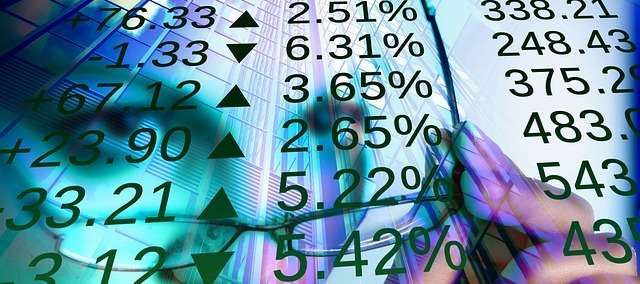
Futures point higher, Wall Street tries to overcome inflation fears
Stock futures rose on Friday, indicating Wall Street was poised for a second consecutive session of gains after a drop in jobless claims sparked a rally, with investors struggling to calibrate a strengthening economy against rising prices.
Markets have been shaken by the prospect of inflation derailing the recovery from the pandemic, and potentially nudging the Federal Reserve to reverse its crisis-era policy sooner than expected. On Thursday, the Dow, Nasdaq and S&P managed to snap a 3-day losing streak on news that workers filing for new unemployment benefits fell to a new COVID-19 era low, their lowest in over a year.
"From our perspective, we do not anticipate that this sharp uptick will translate into a prolonged period of elevated inflation, nor do we believe the Fed is currently running the risk of a policy mistake down the road by not pulling forward its timeline on tapering and rate hikes, as some pundits are suggesting," Brian Belski, chief investment strategist at BMO Capital Markets.
"Nonetheless, there is no doubt that companies are discussing these pricing pressures, and so too are our clients," he added.
On Wednesday, minutes from the Federal Open Market Committee's (FOMC) April meeting fanned investor jitters about the interest rate outlook.
The minutes showed that "a number of participants suggested" that if the economy continues to improve rapidly, "it might be appropriate at some point in upcoming meetings to begin discussing a plan for adjusting the pace of asset purchases," which have currently been taking place at the aggressive rate of $120 billion per month over the past year.

That was enough to rattle the market, with traders confronting the possibility that the recovery might stir up lasting inflation — and prompt a roll-back of the Fed's accomodative monetary policy.
Companies from Procter & Gamble (PG) to Kellogg (K), to Target (TGT) and Home Depot (HD) have cited rising price pressures this year, with consumer and business demand far outstripping supply as more businesses reopen and social distancing restrictions ease.
The central bank's massive bond purchases, along with its more than year-long stretch of maintaining interest rates near zero, have helped support both economic activity and asset prices amid the pandemic.
Still, however, FOMC members "generally noted that the economy remained far from the Committee’s maximum-employment and price-stability goals," the minutes added.
Meanwhile, cryptocurrency prices have stabilized since earlier this week, when reports of potential Chinese regulatory action and public remarks by Tesla CEO Elon Musk sparked an ugly rout. Bitcoin (BTC-USD) briefly swooned to levels close to $32,000 before recovering to trade above $40,000.
However, at least a few Wall Street watchers are starting to question the viability of the crypto surge.
“What’s true for glamour and style might also be true for Bitcoin,” wrote Deutsche Bank’s Marion Labouré in a note to clients on Thursday. “Just as a ‘fashion faux pas’ can happen suddenly, we just received the proof that digital currencies can also quickly become passé.”
© 2021 LeackStat.com
